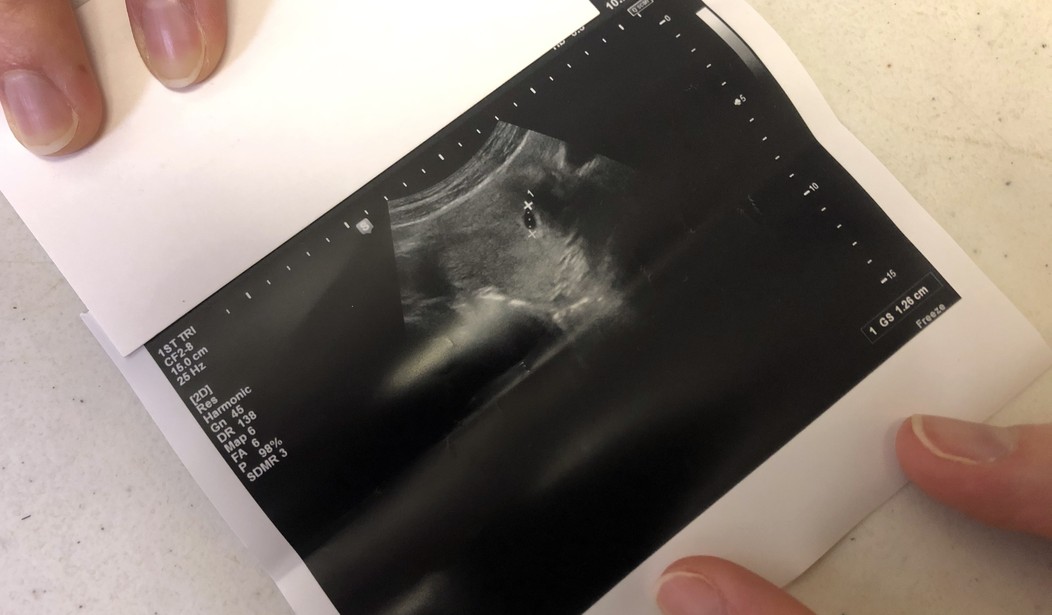On Sept. 1, 2021, Townhall reported on that a “heartbeat” ban went into effect in Texas. The law, S.B. 8, outlawed abortions after fetal heartbeat detection, which occurs around six weeks gestation. Shortly after, the Biden administration and several abortion providers and advocates challenged the legislation. The cases were heard at the Supreme Court.
A study published this week in the Journal of American Medical Association (JAMA) found that nearly 10,000 additional live births occurred in Texas in the year after a pro-life six-week abortion law went into effect in the state.
In the study, a team from Johns Hopkins Bloomberg School of Public Health estimated how many live births would have occurred in Texas if S.B. 8 had not become law (Johns Hopkins Bloomberg School of Public Health):
For their analysis, the researchers used statistical modeling to create a “synthetic” Texas based on monthly live birth data from all 50 states and Washington, D.C., from 2016 through 2022. The researchers calculated that there would have been 287,289 live births in Texas from April to December 2022 had the abortion ban not gone into effect in September 2021. The number of observed births during this period was 297,088, a difference of 9,799.
Before S.B. 8 took effect, abortions were legal in the state up to 22 weeks gestation, according to the study. The team at Johns Hopkins noted that a separate study published in JAMA in 2022 found that abortions provided to Texas residents or in one of six adjacent states decreased by 38 percent in the month after the law took effect.
“There has been a lot of speculation about how restrictive abortion policies will affect the number of babies being born. This research adds valuable information to that discussion,” Alison Gemmill, PhD, assistant professor in the Bloomberg School’s Department of Population, Family and Reproductive Health and one of the recent study’s lead authors, said in a press release.
Recommended
“Although our study doesn't detail why these extra births occurred, our findings strongly suggest that a considerable number of pregnant individuals in Texas were unable to overcome barriers to abortion access,” Gemmill claimed.
This month was the one-year anniversary of Dobbs v. Jackson Women’s Health Organization, the Supreme Court case that overturned Roe v. Wade. Townhall reported how many states, including Texas, passed life-affirming laws after Roe fell.
In an interview with Townhall, Lila Rose, the founder and president of the pro-life organization Live Action, praised Texas’ pro-life laws over recent years.
“Texas has been particularly innovative and bold in protecting children, and they’ve had a huge impact in saving lives,” Rose said.

























